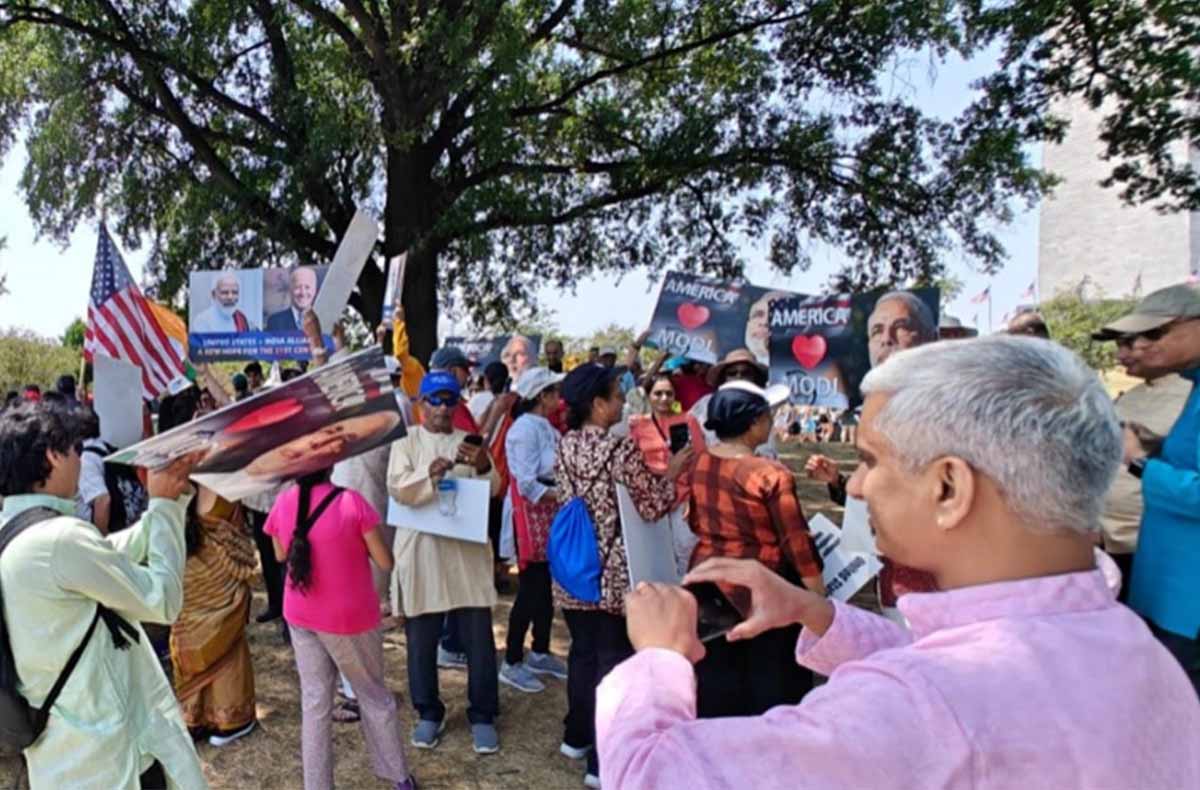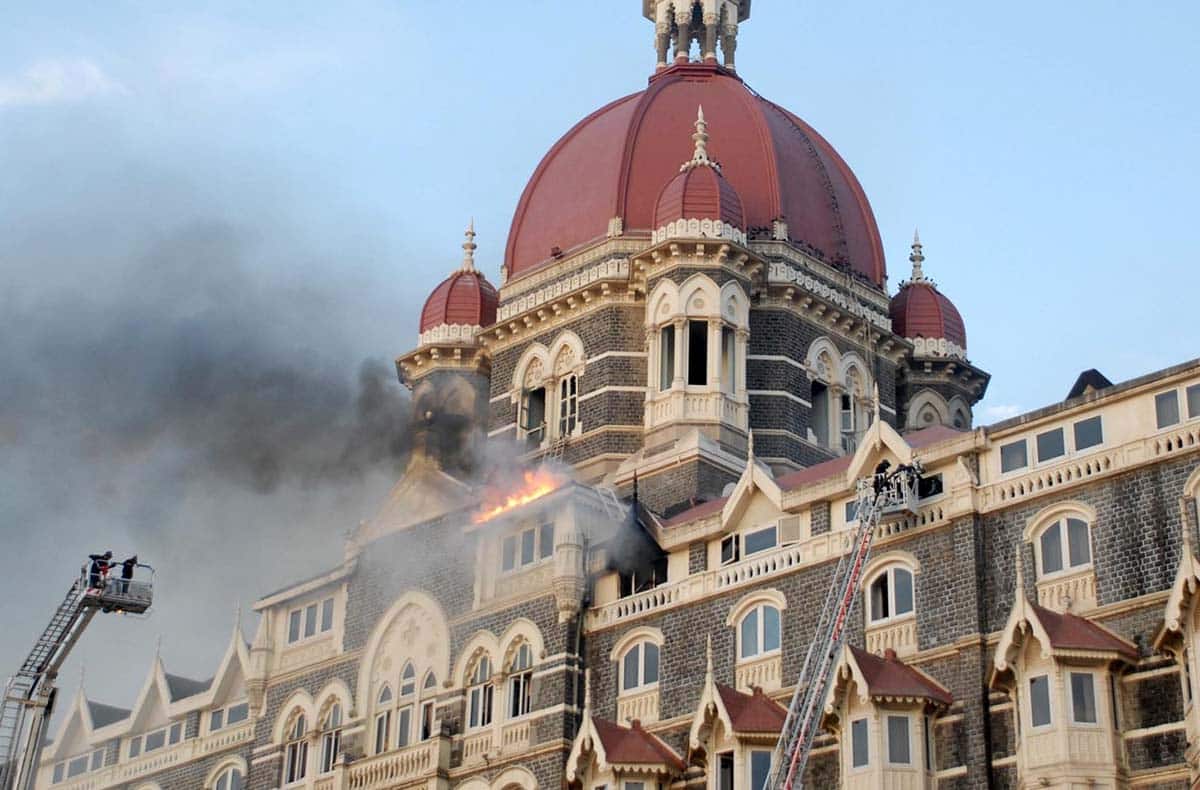
As the first formal state visit by Indian Prime Minister Narendra Modi approaches, it is poised to be a historic moment in the diplomatic relations between the United States and India, and has the potential to determine the fate of billions of Indians, Americans, and democratic nations. In a rapidly changing world order, this visit is of tremendous importance.
Narendra Modi will become the first Indian Prime Minister to address the joint meeting of the U.S. Congress for the second time—the previous state visit of an Indian Prime Minister was of Dr. Manmohan Singh in 2009—solidifying the historic significance of the bond between the two nations. However, amidst this crucial juncture, there are concerning developments as naysayers seek to tarnish the U.S.-India relationship for their own political interests.
In an ever-evolving world order, this visit carries tremendous importance. The partnership between the U.S. and India holds immense potential, given their shared values and interests. Both countries have complimentary abilities that can compensate for each other’s shortcomings over the ensuing decades.
India with its young, highly skilled, aspirational, and upwardly mobile talent pool and the United States with its technological edge and investment potential. Both countries have much to gain from deepening their collaboration in areas such as trade, security, and global challenges like climate change.
However, regrettably, there are elements within the United States that are working relentlessly to sabotage this visit, driven by their own anti-India sentiment.
These anti-India elements, backed by influential sympathizers within the Biden administration, pose a serious challenge to the progress of U.S.-India relations. It is disheartening to witness the potential obstruction of a strong partnership due to ulterior motives and political games. Consequently, it may be unrealistic to expect significant efforts from the Biden administration in pushing for a robust alliance with India.
One such example of this opposition can be found in the form of a Soros-Islamist alliance that continues to pressurize the administration to disinvite the Indian head of state. Three major Islamic centers in Maryland, Washington, D.C., and Virginia are mobilizing congregations which come from major Islamic theocracies to join the protests. Another example is Peter Friedrich; an activist with links to the violent Khalistan cult.
He is organizing a protest in Washington, D.C. against Modi. While peaceful protests are an integral part of democracy, it is concerning when these actions are driven by violent separatist ideologies and influenced by Chinese and Pakistani statecraft, rather than genuine concerns about human rights and democracy.
To foster a strong and enduring relationship between the United States and India, it is essential to address these negative influences and instead to focus on the shared values and interests that unite the two nations. Recognizing facts from fiction would be the first step in this direction.



